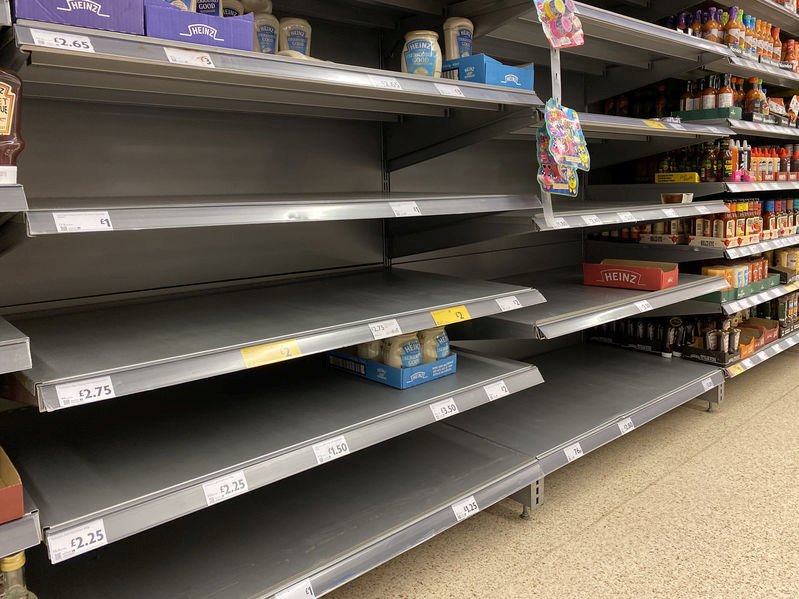
MPs are to launch an inquiry into food supply during the coronavirus crisis as 'urgent questions' remain over the impact of panic buying and extended periods of self-isolation.
The Environment, Food and Rural Affairs (EFRA) committee will look at access to healthy food during periods of self-isolation and how disruptions in the supply chain should be managed, for example the redirection of milk from the hospitality sector to the retail market.
MPs will initially identify current problems and strategies for mitigating potential risks, and are seeking written evidence on a number of questions, with an initial deadline of Friday 1 May.
The committee recently held a teleconference with Defra Secretary George Eustice to investigate the government's preparation for issues such as panic-buying in supermarkets and farm labour shortages.
Chair of the EFRA committee, Neil Parish MP, said the Covid-19 pandemic has shown the 'importance of resilience' in the UK food supply chain.
He said good communication with the public and assuring them that food will continue to be available is of 'equal importance'.
"We have seen empty shelves at local supermarkets, and many of our constituents remain anxious about extended periods of self-isolation during which buying food could be difficult.
"Measures have been taken to deal with the impacts of panic-buying, but there are still questions that must be answered urgently," Mr Parish said.
"The right strategies are needed to ensure the supply chain keeps moving, from domestic farming and food imports to the delivery of food to those who need it the most."
He added: "The impact of the pandemic on the workers who keep us fed, from the field through factories to the checkout and doorstep delivery, has to be managed.
"We must ensure that everyone has access to enough healthy food, and crucially that those self-isolating, or struggling to afford food, are not forgotten.”
What questions will MPs who sit on the committee ask?
• Have the measures announced by the government to mitigate the disruptions to the food supply chain caused by the pandemic been proportionate, effective and timely?
• Are the government and food industry doing enough to support people to access sufficient healthy food; and are any groups not having their needs met? If not, what further steps should the government and food industry take?
• What further impacts could the current pandemic have on the food supply chain, or individual elements of it, in the short to medium-term and what steps do industry, consumers and the government need to take to mitigate them?
• How effectively has the government worked with businesses and NGOs to share information on disruptions to the supply chain and other problems, and to develop and implement solutions? How effectively have these actions been communicated to the public?
